Pitched as an “ode to the crap job of all crap jobs,” Trashed, a new graphic novel by powerhouse (and slightly twisted) creator Derf Backderf hits the stands this week. Part traditional narrative, part documentary overview, Trashed offers standout art, engaging characters, and a surprisingly poignant commentary on our throwaway culture.
Here’s the official world from Abrams ComicArts:
Trashed follows the raucous escapades of three 20-something friends as they clean the streets of pile after pile of stinking garbage, while battling annoying small-town bureaucrats, bizarre townfolk, sweltering summer heat, and frigid winter storms. Trashed is fiction, but is inspired by Derf’s own experiences as a garbageman. Interspersed are nonfiction pages that detail what our garbage is and where it goes. The answers will stun you. Hop on the garbage truck named Betty and ride along with Derf on a journey into the vast, secret world of garbage. Trashed is a hilarious, stomach-churning tale that will leave you laughing and wincing in disbelief.
Every graphic novel has a backstory, and here’s the one for Trashed:Derf Backderf spent most of his career as the  highly praised (and often irreverent) creator of a daily comic strip known as The City, a weekly strip that ran in alternative newspapers across the country for a startling 25 years. And while many creators might have ridden this accomplishment into retirement, three years ago Derf instead announced that he’d be dropping his weekly strip to pursue a full-time career as a graphic novelist. This pivot was informed by many things, but the biggest reason seems to lie with the popularity and impact of Derf’s break-out graphic novel My Friend Dahmer which was published in 2012 and blew the socks off everyone who read it.
highly praised (and often irreverent) creator of a daily comic strip known as The City, a weekly strip that ran in alternative newspapers across the country for a startling 25 years. And while many creators might have ridden this accomplishment into retirement, three years ago Derf instead announced that he’d be dropping his weekly strip to pursue a full-time career as a graphic novelist. This pivot was informed by many things, but the biggest reason seems to lie with the popularity and impact of Derf’s break-out graphic novel My Friend Dahmer which was published in 2012 and blew the socks off everyone who read it.
In this sense, Trashed is only Derf’s second book — the second publication of his career’s second act. But in a truer sense Trashed is just a continuation (and expansion) of the stellar work he’s been doing for several decades. So no, Trashed does not feel like a sophomore book — gone are the wonky transitions, the flat characters, the awkward line work that generally accompany a creator’s second time at bat. Instead, Trashed reads like the work of a seasoned expert; Derf has a distinct voice and the emotions he captures have range.
But enough with the preamble, here’s the story:
It’s the summer after high school graduation and J.B. is looking for job. Unlike the rest of his graduating class, J.B. and his buddy Mike have decided to opt out of the academic rat race and pursue municipal work for their small Ohio town. They land, as the premise suggests, in the sanitation department, and much of the opening chapters of Trashed are dedicated to watching J.B. and Mike get trained in, learning the ropes of a challenging trade. As readers, these scenes allow us to vicariously learn about the industry that hauls our garbage away, and the administrative structure that oversees it. Derf has been at the comics game for a while now, and is a journalist by trade, so his ability to deftly weave a story that offers factual overview while never compromising character development is fully present here. Yes, you get to learn about the garbage industry but more importantly you come to care about J.B. and his growing collection of random friends, some of whom outgrow the transitional stage of late adolescence and some of whom get stuck in dead end jobs, seemingly forever.
Derf’s focus on who moves on who doesn’t is thoroughly explored in Trashed, in ways that are both hilarious and poignant. We initially see J.B. at the drugstore trying to explain away his job as a part-time gig when he encounters a girl he graduated with; later, Derf takes us back to that same drug store but shifts the details just enough to really drive home what I’d argue is his overall point: Trashed is a coming-of-age story, and garbage becomes a quasi metaphor for how we move on from those things that were once so dear to us.
While the compelling story is what kept me turning pages, it’s Derf’s art that made the ride so enjoyable. Trashed is full of gorgeous splash pages, wonderful large panels, and adventurous, vibrant art. Of special note was how Derf depicted the seasons — we see his characters hauling garbage bags through rain, and snow, and falling leaves; Derf’s ability to capture all these elements so accurately and beautifully made reading Trashed a joy.
Those of you who loved My Friend Dahmer will find that that Trashed offers notes that are much more subtle than Derf’s last deep-dive into the psyche of a serial killer. That said, I do feel Trashed offers something equally rewarding — a set of characters we can truly relate to, even if we don’t always like what we see.
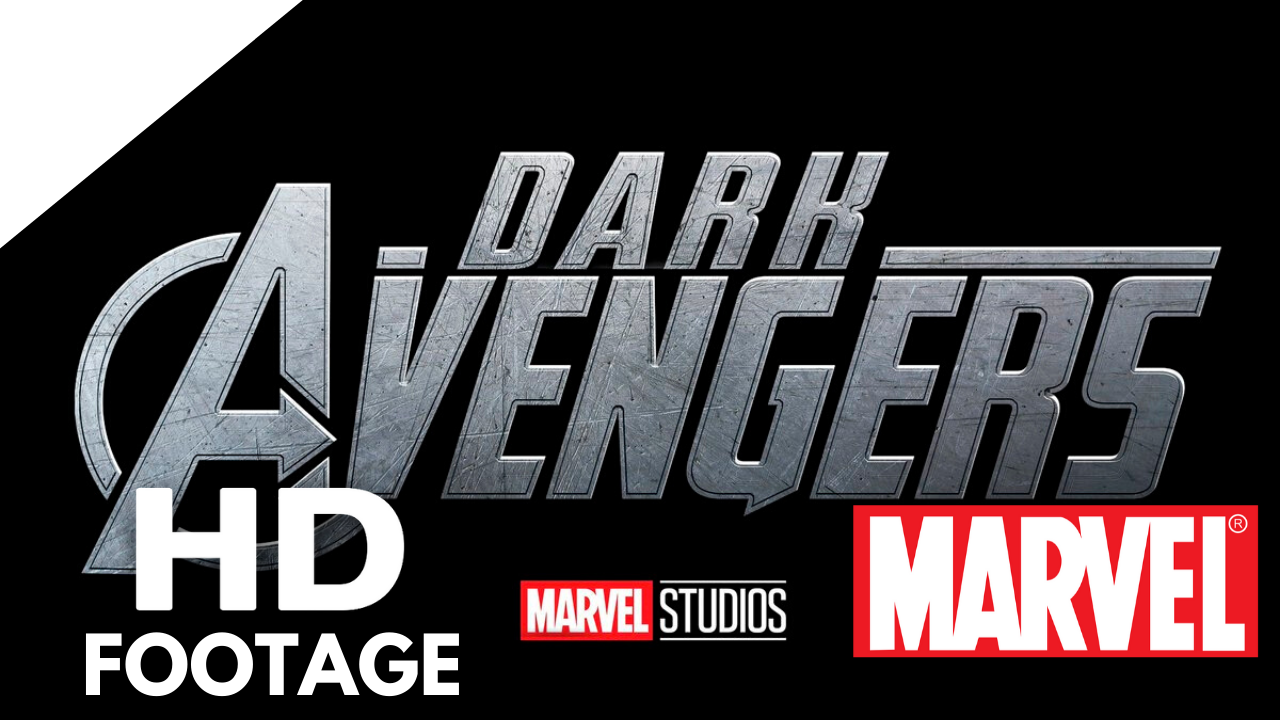
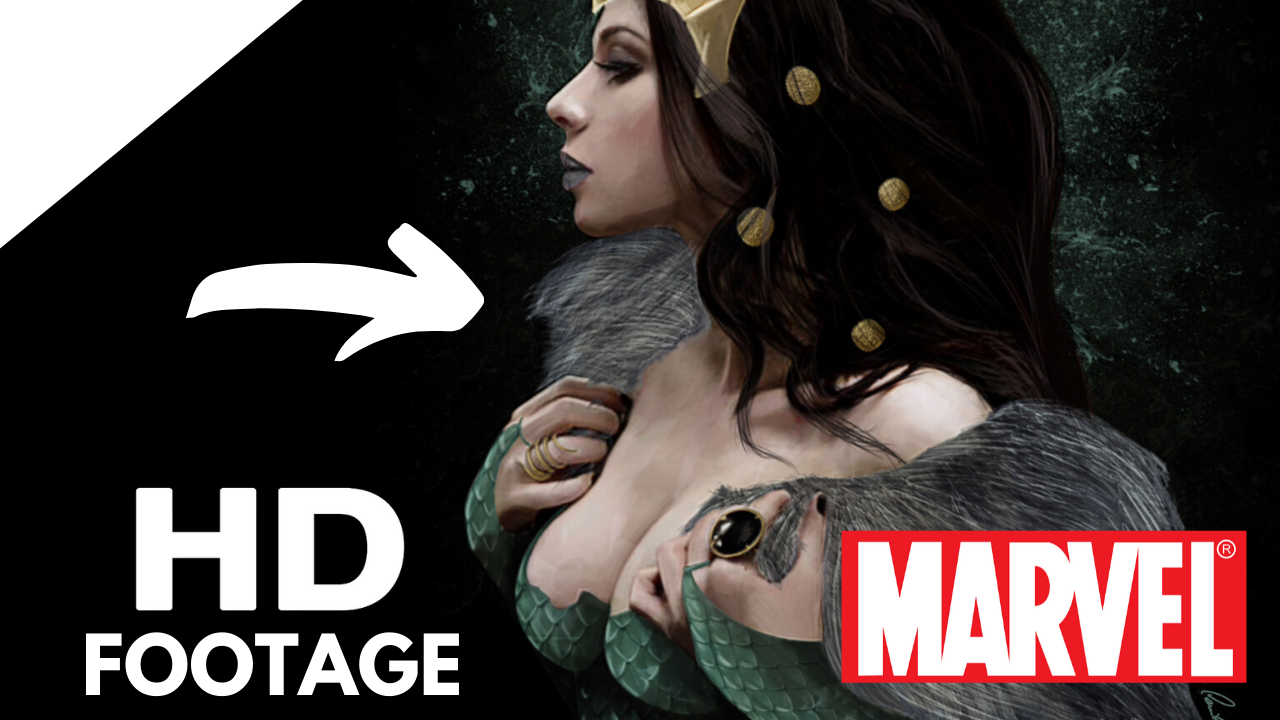

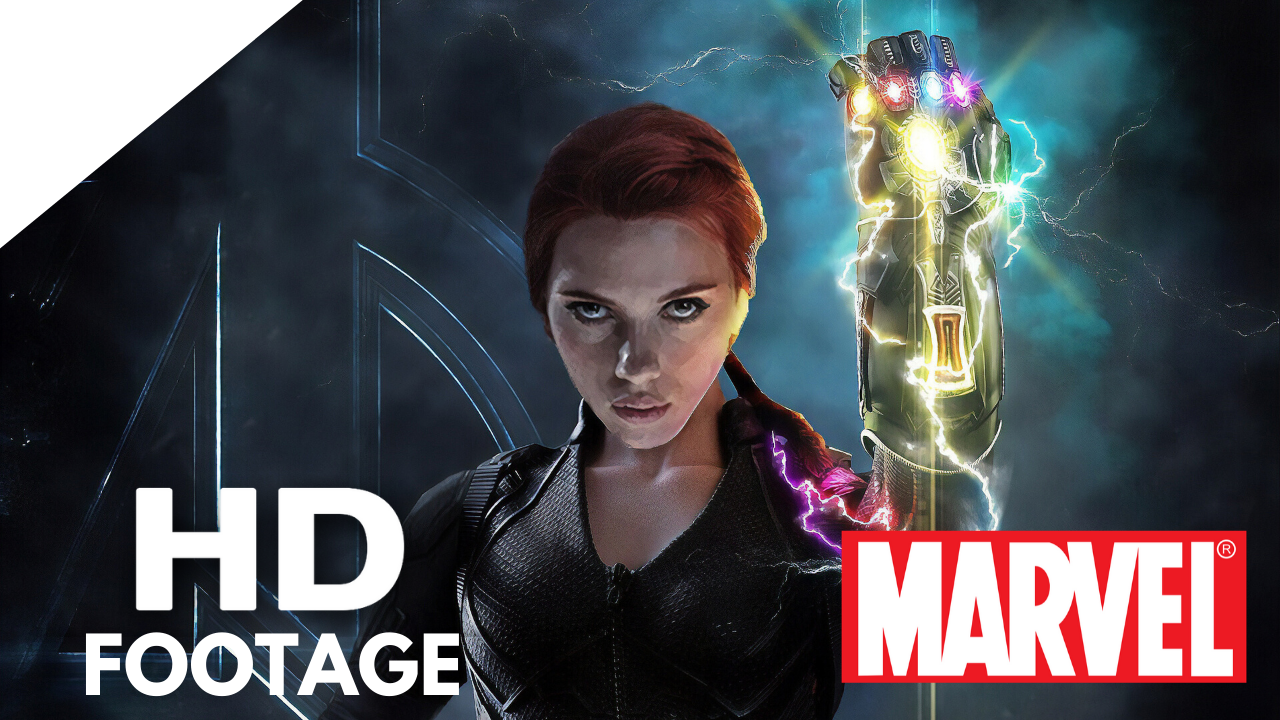
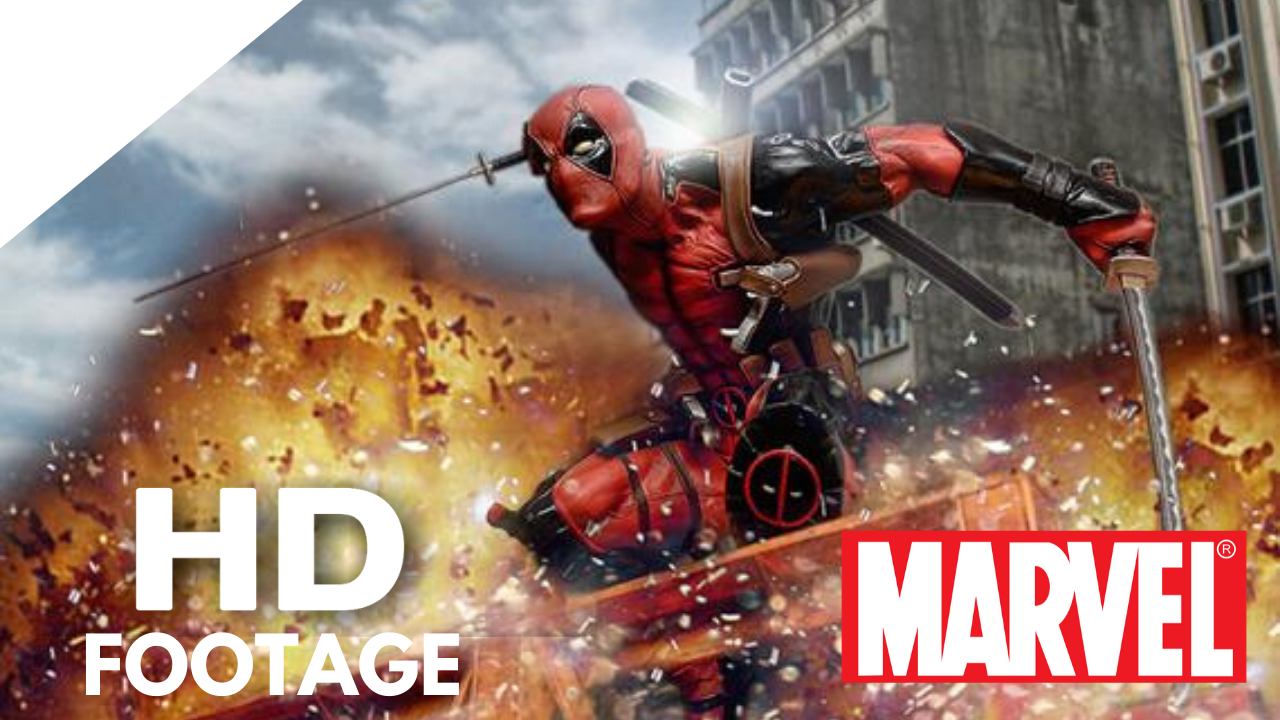
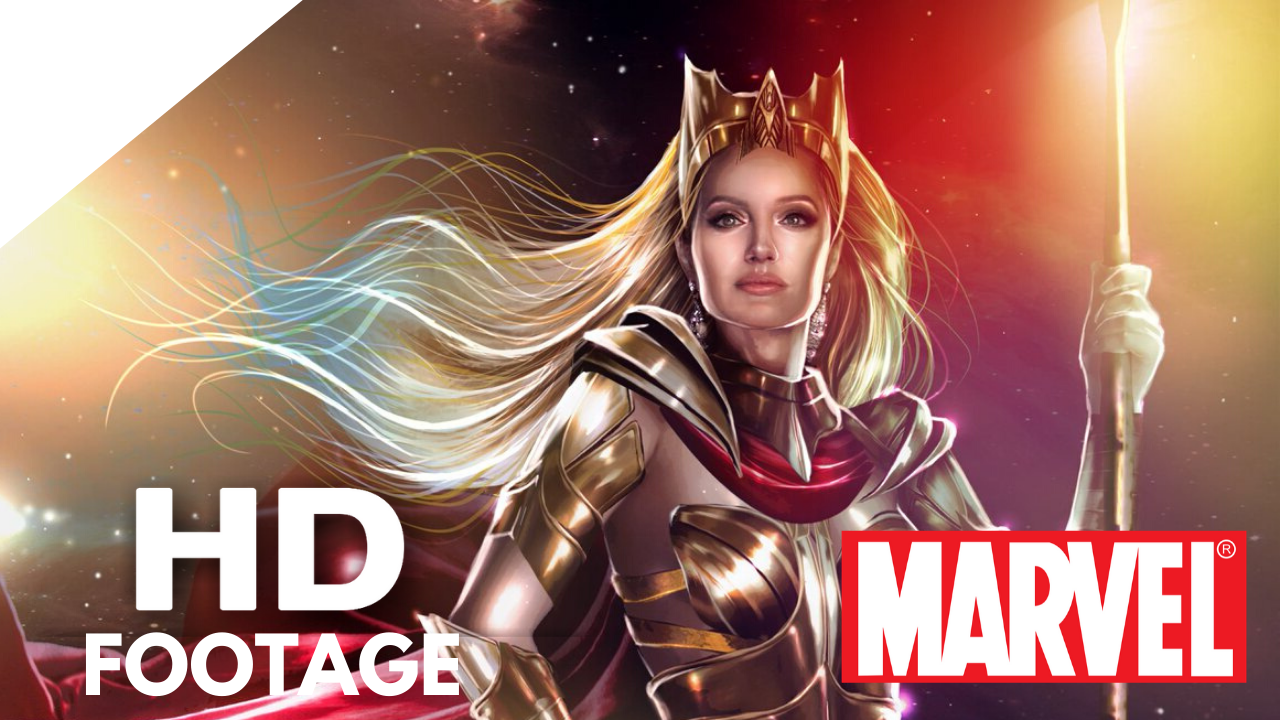
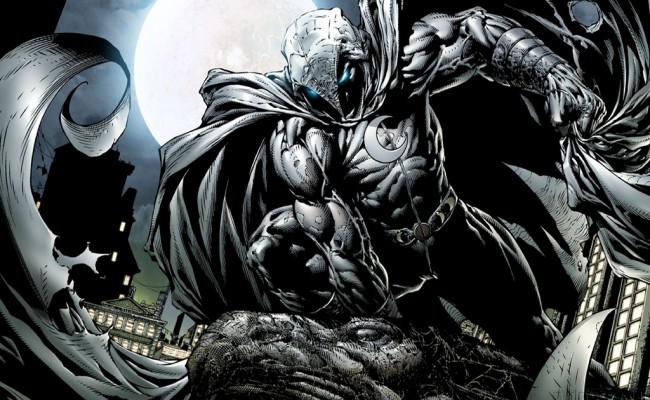
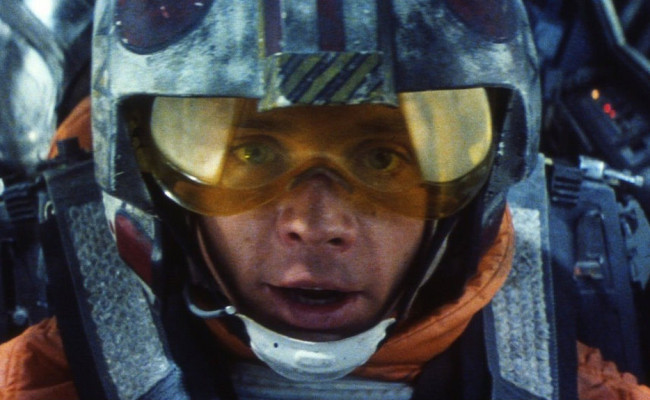
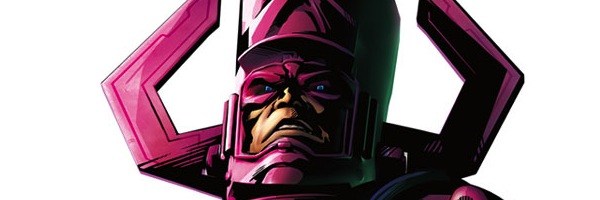
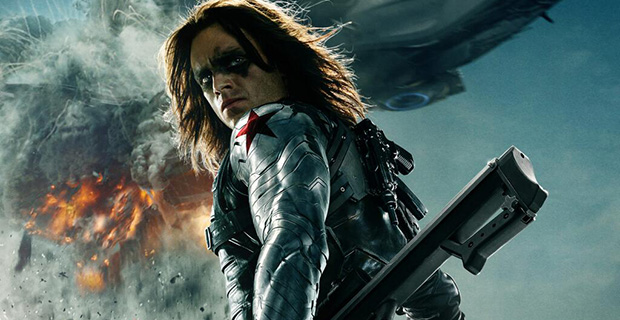
S#!T Talking Central